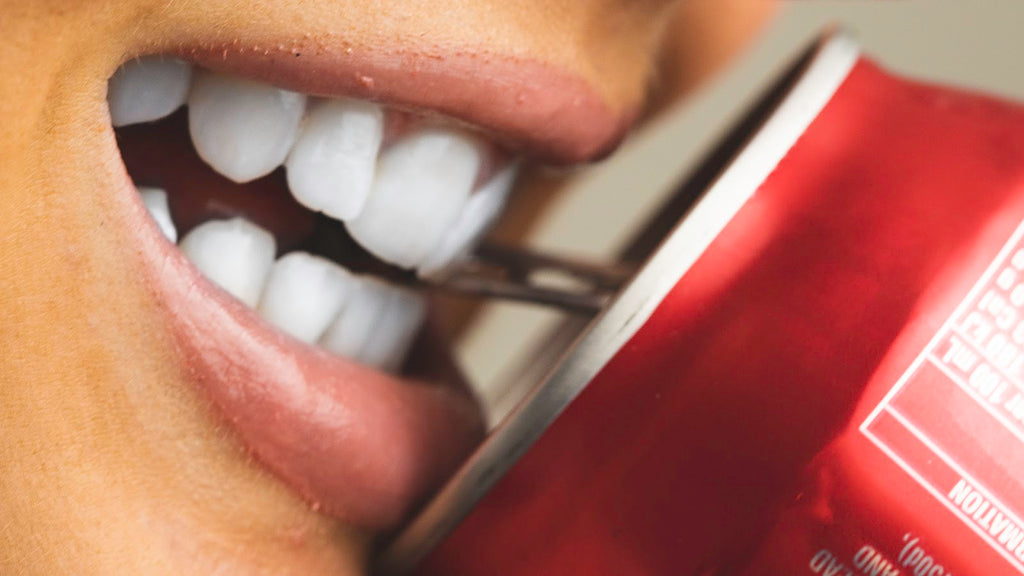How well do you truly understand the proper care for your teeth? While you may believe you possess all the necessary information regarding oral hygiene, there exists a multitude of dental myths that might be steering you in the wrong direction.

In the realm of dental hygiene, numerous misconceptions have been perpetuated through generations, ranging from the frequency of tooth brushing to the necessity of flossing. Distinguishing between fact and fiction can prove challenging, yet it is imperative to possess accurate information for effective oral care.
Maintaining optimal oral health is vital for overall well-being, but achieving this requires a grasp of the truth behind common dental myths. This article aims to debunk prevalent misconceptions and shed light on the realities of tooth brushing and flossing. By gaining a clear understanding of the facts, you can ensure that your oral care routine genuinely benefits your teeth and gums.

Myth: Brushing harder makes teeth cleaner
Contrary to popular belief, vigorous tooth brushing can harm teeth and gums, causing enamel wear and receding gums. Optimal cleaning is achieved through gentle circular motions with a soft-bristled toothbrush. It is advisable to brush for at least two minutes, twice a day, using ADA-approved fluoride toothpaste.
Myth: Flossing isn’t necessary.
Flossing is a crucial element in maintaining good oral health, as it removes plaque and food particles from spaces unreachable by a toothbrush. Flossing at least once a day is recommended to reduce the risk of gum disease and cavities.
Myth: Brushing immediately after eating is best
Brushing right after meals can be detrimental, especially after consuming acidic foods or drinks. The acids weaken enamel, and immediate brushing can exacerbate the damage. Waiting at least 30 minutes is advisable.

Myth: Whitening toothpaste is more effective
While whitening toothpaste may enhance tooth brightness, it is not necessarily more effective in terms of cleaning. Dentists recommend regular fluoride toothpaste for optimal oral hygiene, suggesting professional teeth whitening for those seeking a brighter smile.
Myth: Brushing once a day is sufficient
Contrary to belief, brushing once a day falls short of proper oral hygiene. The ADA recommends brushing twice a day with fluoride toothpaste and a soft-bristled brush. Daily flossing is also recommended to remove plaque and prevent cavities.

The significance of good oral hygiene habits
- Regular brushing and flossing help prevent tooth decay and gum infections, safeguarding against periodontal diseases resulting from bacterial buildup.
- Consistent oral hygiene preserves a radiant smile by removing plaque, food particles, and bacteria that lead to tooth discolouration and bad breath.
- Regular brushing and flossing combat bad breath by reducing bacteria buildup on teeth and tongue. Antimicrobial mouthwash can further aid in maintaining fresh breath.
- Beyond oral health, consistent oral hygiene is linked to overall well-being, reducing the risk of serious conditions such as heart disease and stroke. Regular dental care contributes to a healthier, happier life.








